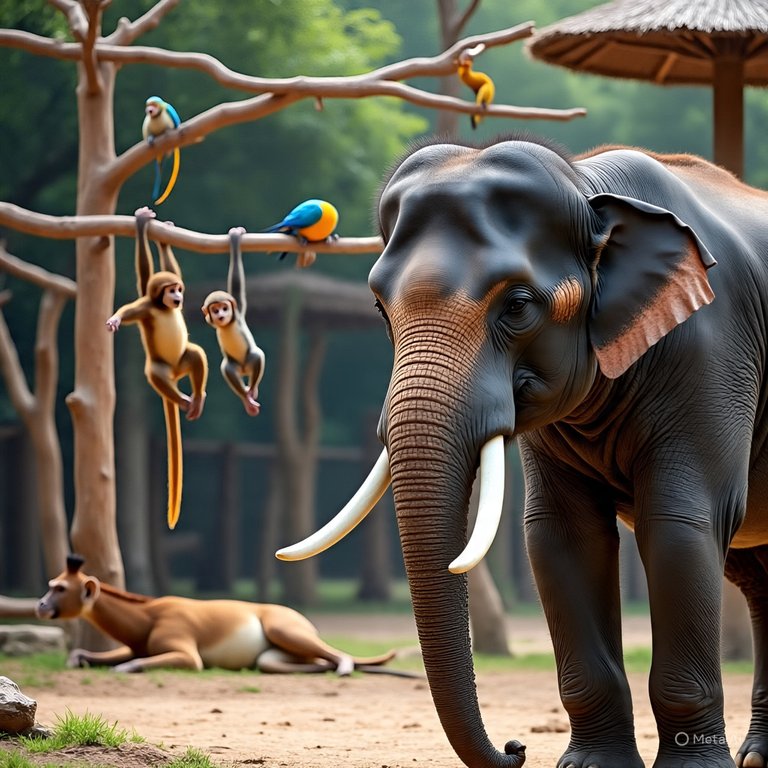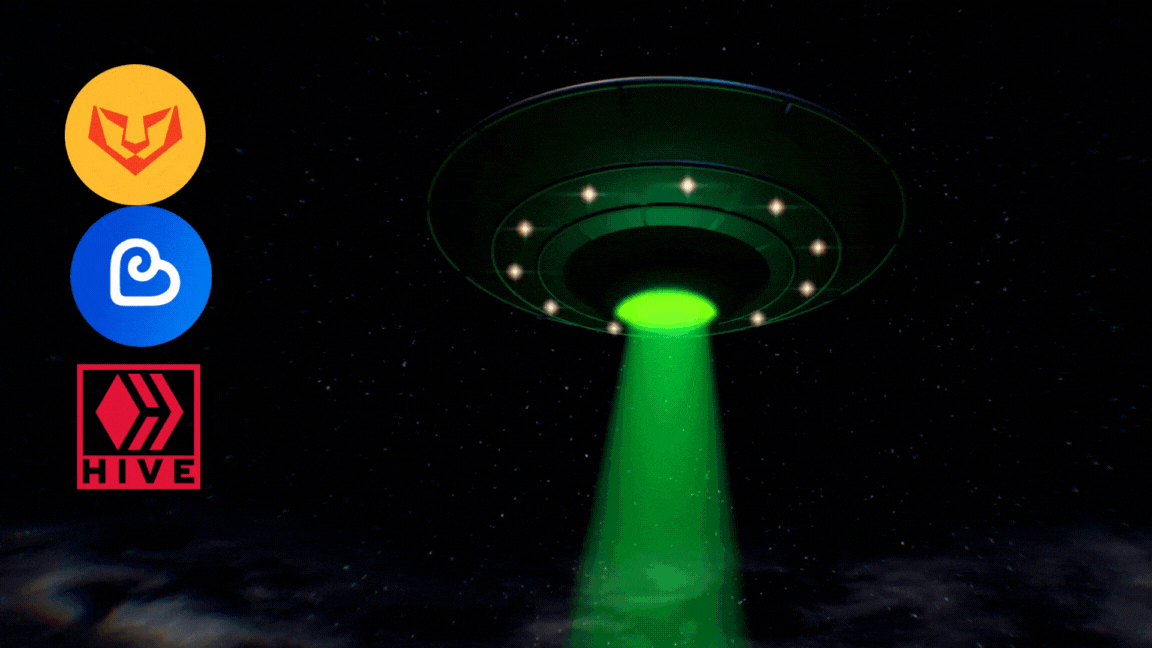Wild or Watched: Are Zoos Protecting or Profiting?
Growing up, it was like a mandate for schools to take their students on an excursion to the zoo. Sometimes after the zoo, the school took them to other lucrative sites too, like the airport or historical places, but now, let's talk about the zoo.

Image generated using AI
The zoo is a place of wonder, fascination, and for some, quiet discomfort. On one side, children watch animals from a closed bar, amazed by lions, elephants, and rare birds they may never see in the wild. On the other hand, we need to ask ourselves these questions: Should these animals be here at all? Are zoos truly about conservation and education, or have they turned into places where animal freedom is taken away for human amusement? The debate around zoos and wildlife parks is a complex one, and it raises environmental concerns and questions about our relationship with nature. In this article, we are going to take a closer look at both sides of the cage: what zoos offer, what they take away, and whether they can ever truly serve the best interests of the animals they house.

Have you heard of climate change? In simple terms, it refers to long-term shifts in temperatures and weather patterns. Meaning, the way our weather is will change over time, and this is not caused by nature; it is caused by us humans. Now, let's take that scope to the wildlife. We are going to be looking from the two sides of the cage, and I will be explaining some things about this wildlife.
While the idea of animals living freely in the wild sounds ideal, the reality is far more complicated. Many animal species today face threats like habitat loss, poaching, climate change, and human hunting. There are so many animals that have gone extinct because we humans didn't do anything about it and some, it was because of climate change that they all died out. This is to show that we as humans have the responsibility to make sure that these animals are protected and not kept away from the outside world, which is why some of them are on display for the world to see. Let's take an example of the dire wolf that has been bred, and according to science, it is said that this animal has been extinct for hundreds or thousands of years. Such animals shouldn't be released to the wild; they should be kept under supervision and care.

In such cases, zoos and wildlife parks can serve as safe havens, places where endangered animals receive care, protection, and, in some cases, a second chance at survival. Although it sometimes looks like their freedom is restricted, thank God for technology and enhanced innovations. Zoos aren't built the way they were because zoos now are more like reserve parks where all the animals are given a home that looks like their normal habitat.
For the human side, it serves as a place to learn and study how this wild animal acts and responds to people; there are guides to educate people. This has made it possible for people to see how big and strong some wild animals are without having to go to the wild. The zoo also serves as a place to learn and educate kids. Many of these animals are sometimes released back to the wild to help them live a longer life, and the ones who

Thanks for reading, My name is Fashtioluwa.

I agree that zoos play an important role in conservation and education, but it’s also essential to ensure the animals’ well-being and consider solutions that respect their natural freedom. Balance is key
Yeahm the need to make sure the well-being and they consider what wouldn't harm them.